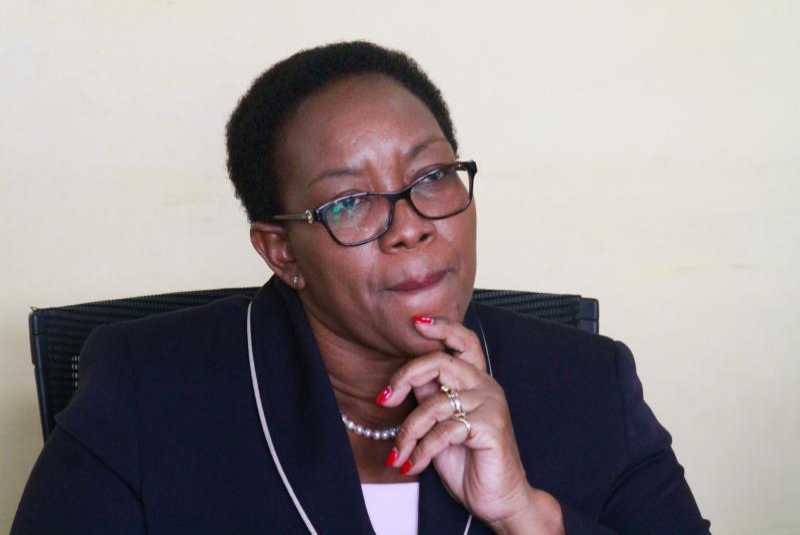×
The Standard e-Paper
Smart Minds Choose Us

Health Sicily Kariuki when she appeared before the National Assembly Health Committee at Parliament. She has revealed that there is increase in HIV/Aids infection among adolescents and youth. [Boniface Okendo,Standard]
The government has raised concern over the increase in new HIV infections among the adolescents and the youth terming it a drawback in the fight against the disease.